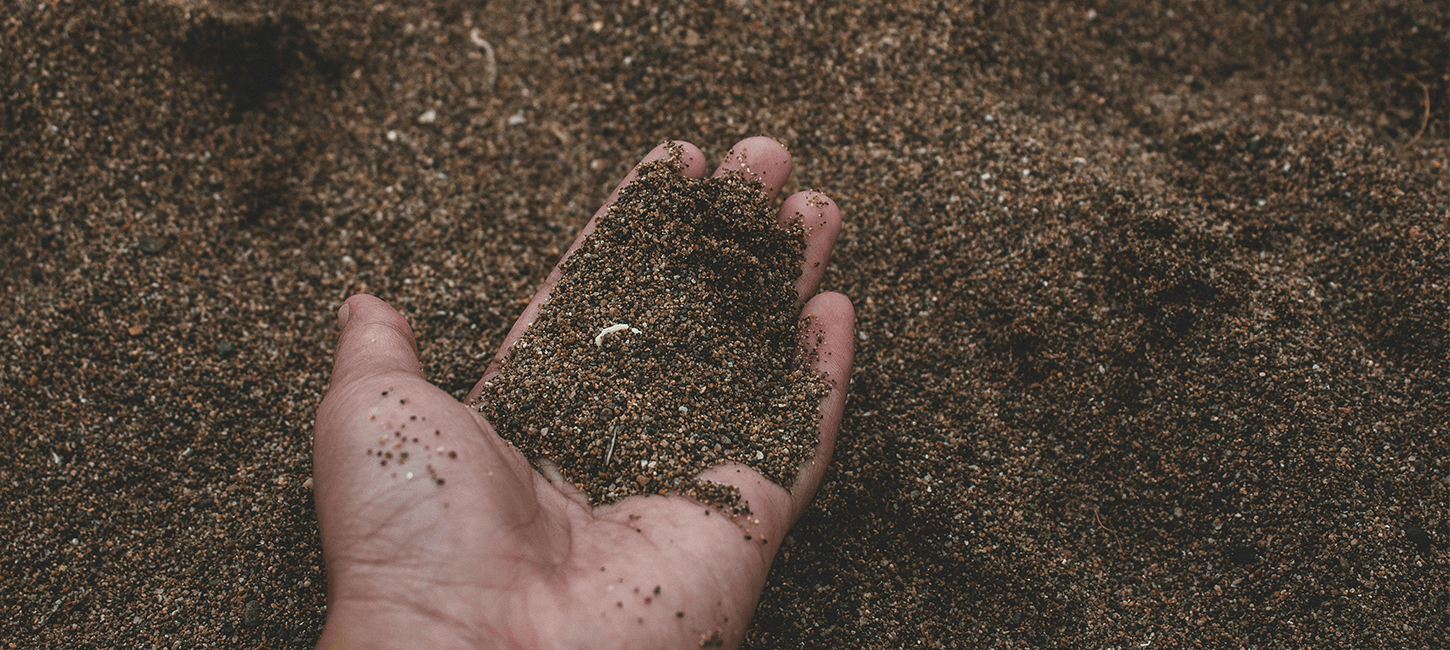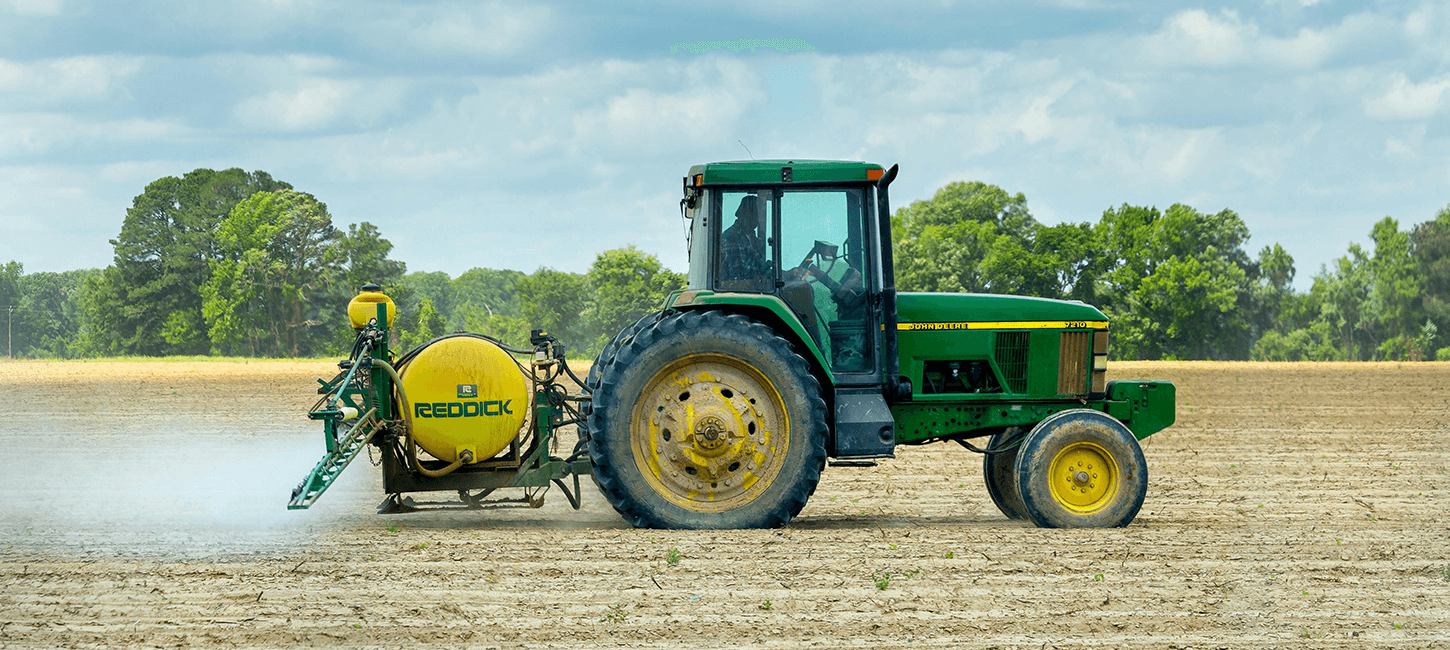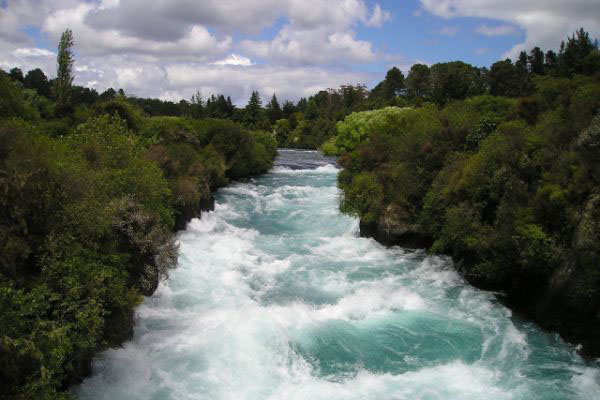Articles / Agrochemicals / Sustainability / Water technology
World Soil Day
World Soil Day
November 27, 2024
World Soil Day
World Soil Day was set up in 2013 by the Food & Agriculture Organisation (FAO) in the US ‘to raise awareness of the importance and relationship between soil and water in achieving sustainable and resilient agrifood systems.’
The FAO Conference requested its official adoption by the United Nations at the 68th UN General Assembly.
In December 2013, the General Assembly responded by designating 5 December 2014 as the first official World Soil Day. It also empowers and engages citizens around the world to improve soil health.

World Soil Day is a global initiative dedicated to highlighting the importance of soil and water in achieving sustainable and resilient agrifood systems.
World Soil Day 2024
The Earth’s survival depends on the link between soil and water. Most of our food originates from these two resources. The water in the soil, vital for nutrient absorption, binds our ecosystems together. This is the foundation of agriculture.
In the face of climate change, soil is being degraded, putting excessive pressure on our water resources. Both erosion and pollution disrupt the natural balance, reducing water infiltration and its viability for all forms of life.World Soil Day 2024 (WSD) aims to raise awareness of the importance and relationship between soil and water in achieving sustainable and resilient agriculture.
WSD is a unique global platform that celebrates soil and empowers and engages citizens around the world to improve it.
In 2024, it will be celebrated on 5th December.
Importance of Sustainable Agriculture
Sustainable agriculture is one of the most important aspects enhancing and retaining a healthy soil. In many cases, agriculturalists use natural products to enhance growth.
But this was not always the case, and in many areas, soil is tainted by legacy insecticides, herbicides and fertilisers which eventually end up in leachate and thence into streams and rivers.
Endocrine Disruptors: Dangers to the Environment
One of the most damaging compounds to be found in leachate are endocrine disruptors.
According to public health experts, endocrine disrupting chemicals (EDC) are compounds that alter the normal functioning of the endocrine system of both wildlife and humans. A huge number of chemicals have been identified as endocrine disruptors, among them several pesticides.
Exposure to endocrine disruptors in pesticides could contribute to a decline of human fertility. Glyphosate (GLY) is the main component of Glyphosate Based Herbicides (GBHs), which are the most commonly herbicides used in the world and this compound has been linked to issues with behaviours and fertility in humans and marine life.

World Soil Day is celebrated annually on 5th December to highlight the importance of sustainable and resilient agri-food systems.
How Agrochemicals Impact Water Quality
Similarly, the instances of antibiotics in agricultural run-off and thence into watercourses is often due to the practice of administering antibiotics to complete herds of animals.
Antibiotics in water is the main contributing factor in Anti-Microbial Resistance (AMR) which according to the UK Government’s website:
Antimicrobial resistance arises when the organisms that cause infection evolve ways to survive treatments. The term antimicrobial includes antibiotic, antiprotozoal, antiviral and antifungal medicines.
Resistance is a natural biological phenomenon, but it is increased and accelerated by various factors such as misuse of medicines, poor infection control practices, and global trade and travel. No new class of antibiotics has been developed since the 1980s. For most antibiotics, there are few replacements or alternative products in the development pipeline.
Therefore, removing antibiotics from agricultural run-off is critical to ensure soil is not only healthy but grows healthy plants for consumption by humans and animals.
Arvia’s Role in Sustainable Agriculture
Arvia’s Nyex™ water treatment systems can economically and sustainably remove most endocrine disruptors and dangerous medications from water down to incredibly low levels – often parts per billion.
This is achieved without using large amounts of electrical power and without having to introduce toxic chemicals. Processes are easy to bring on stream (making them suitable for batch work) and break down toxic pollutants to water and gas.
This means that wastewater from agricultural run-off or leachate from soils treated with legacy pesticides can be reused – in effect, cleansing the soil and creating a more resilient agricultural environment.
For more information of the Arvia Ellenox™ and Rosalox™ water treatment systems or to speak to a water scientist who’ll understand your specific water treatment issues: Contact us
More featured articles
01.31.2023

We discuss sustainable water management and how specific industry sectors would benefit by adopting water stewardship.
07.7.2021

Why any company that discharges water needs to be ready to be put under the microscope.
03.16.2021

The scarcity of water is pushing up its price. As a result, water recycling is becoming increasingly important in many industries. In this article we examine how Arvia’s unique technology can be a vital part of a cost-effective water recycling system in pharma.
Our wastewater treatment expertise
Our water technology can be used to treat a variety of water treatment applications. Once we understand the nature of your wastewater and your final water quality target, our water treatment specialists can make recommendations as to how best to treat your water. Take a look at some of the Nyex applications here:
Need help? Speak with an expert